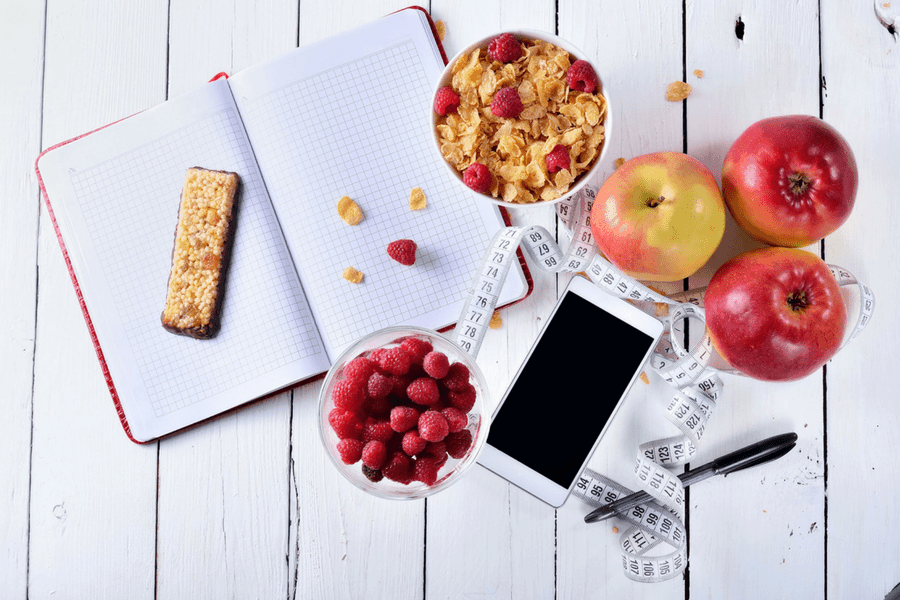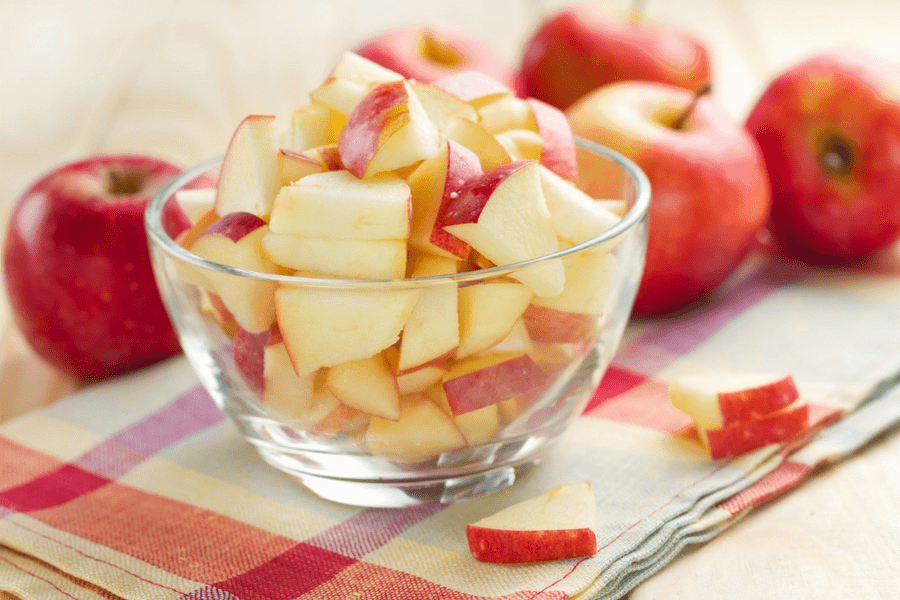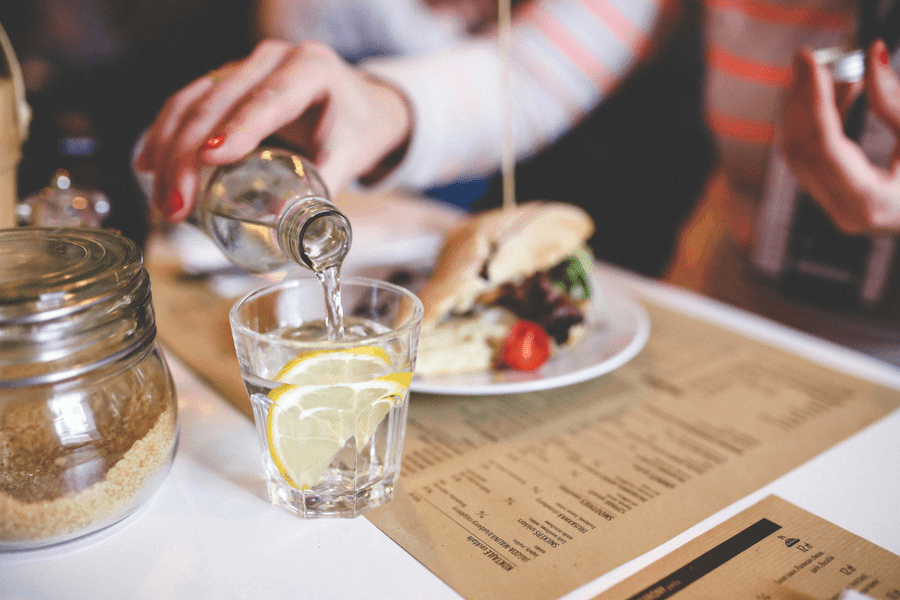7 Proven Ways to Break Through a Weight-Loss Plateau
If you are trying to lose weight, you know how rewarding it is to step onto that scale in the morning and see the number get smaller. When you first start out on a weight-loss plan, the pounds can seem to melt away quickly which makes us feel motivated to stick to our game plan.
But what do you do when the scale suddenly comes to a halt and won’t budge? If you have hit a weight-loss plateau, don’t despair! Sometimes all it takes is a few tweaks here and there to get over the hump and back to losing weight again.
Read on for 7 ways you can break through your weight-loss plateau. You don’t have to do them all at once. Try one or two of these strategies:
1. Record What You Eat

Writing down what you eat each day can be extremely useful because a lot of us underestimate the amount of food we eat. But if you aren’t tracking your food intake – on paper or on an app – how do you truly know how many calories you’re ingesting? Start recording what you eat and you could uncover the reason you’ve been unable to shed those stubborn 5 or 10 pounds.
2. Cut Back on Carbs

Image via Pixabay
Eat less carbs. A simple thing to do is forgo the bread and baked goods which contain processed ingredients. Foods that contain naturally occurring sugars like fruits and non-starchy vegetables (think leafy greens, celery and bell peppers) are nutritious forms of carbohydrates, and a much better choice to aid you in your weight loss.
3. Try Interval Workouts

If you’ve been doing the same workout for more than six weeks, try a new or more challenging workout to bust through the plateau. On the treadmill, push yourself by running at your normal pace for a minute or two then crank up the speed and sprint for a minute then return to your normal pace. Alternate until you reach the 30-minute mark. Not only will intervals burn more calories, your time on the machine will go by much faster!
4. Fill Up on Fiber

Feel fuller by upping your fiber intake. Fiber is nutrient dense, can fill you up with fewer calories and takes more time for your body to digest so you will satisfy your hunger for longer. Good choices include celery, apples, almonds, brown rice or a baked potato – better for you than a bag of chips any day as long as you don’t saturate it with butter and cheese.
5. Limit Alcohol

Image via Stocksnap
Until you are in the weight maintenance phase, it’s best to limit alcohol as much as possible. Unwinding with a cocktail at the end of the day isn’t worth the calories and worse, it may set you back in your weight loss.
Consider this: a 6-ounce glass of wine contains about 120 calories and a 12-ounce serving of beer can pack anywhere from 100 to 170 calories or more! And if you’re a cocktail kind of girl, you’ll consume even more calories if it consists of sugary mixers. Alcohol can also make you hungry and lower inhibitions, which means you’ll be more likely to grab that order of happy hour potato skins or fried mozzarella sticks. If you do choose to have an occasional drink, make it a glass of wine, which may protect your heart and prevent inflammation. Or, go with a clear alcohol without the sugary mixers like a gin and tonic or a vodka and club soda.
6. Drink Water Before Meals and Throughout the Day

Image via Pexels
Not enough can be said about the benefits of water. Water rids your body of germs and bacteria, keeps your skin hydrated and can keep hunger at bay. Drinking a glass (or two) before a meal can also help limit your calorie intake by making you feel fuller. Sipping on it throughout the day can also reduce empty-calorie snacking. And when it comes to exercise, drinking enough water can be a difference maker in the effectiveness of your workout.
7. Get Regular, Consistent Sleep

Late nights can sabotage your weight loss. When you don’t get the sleep your body needs, both your physical and mental health suffers. A number of studies have shown that not getting enough sleep can decrease your metabolic rate and cause a shift in your hormones to promote hunger and fat storage. Not to mention that when we’re tired, we’re less likely to make smart decisions about the food we eat.


